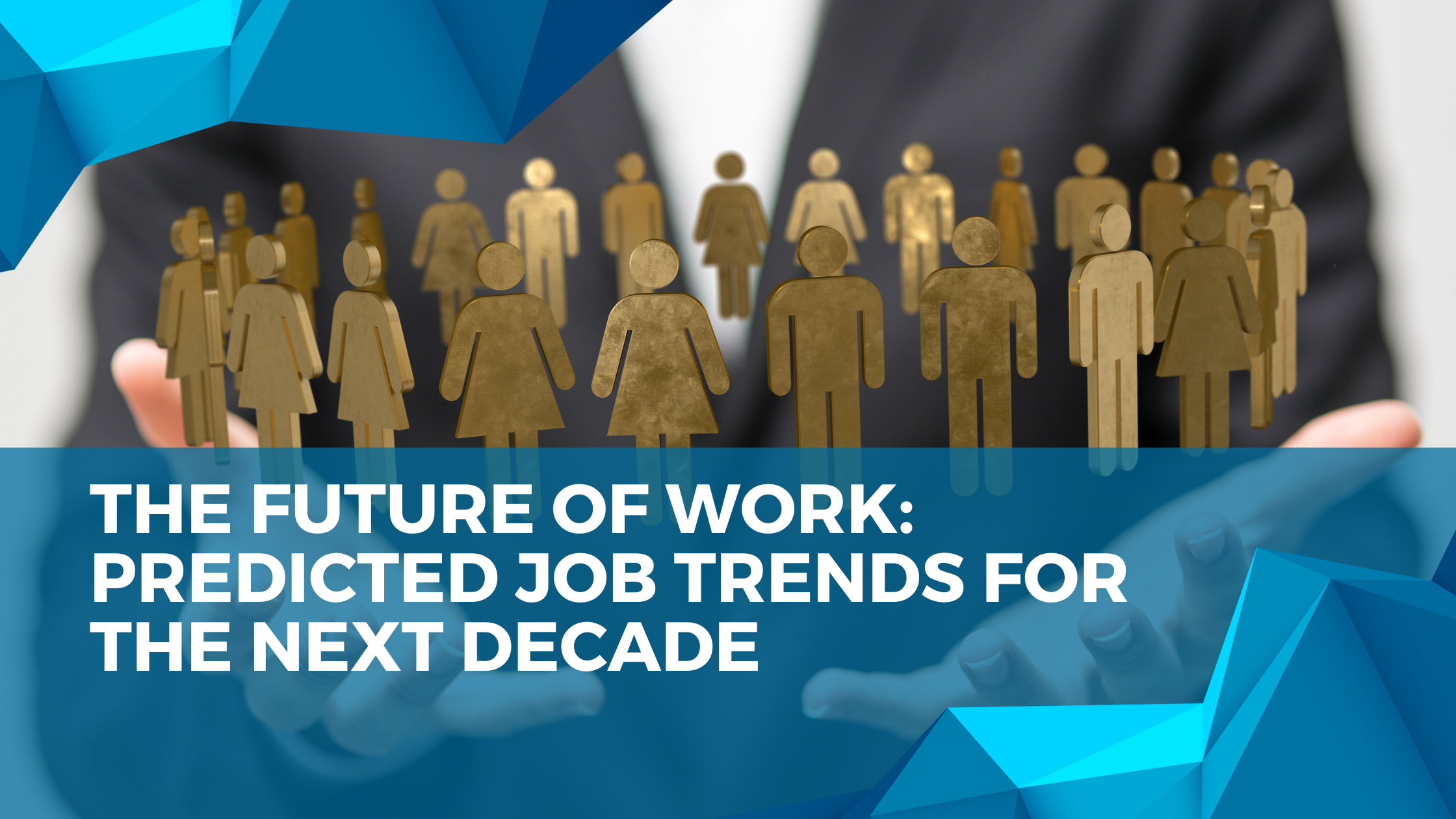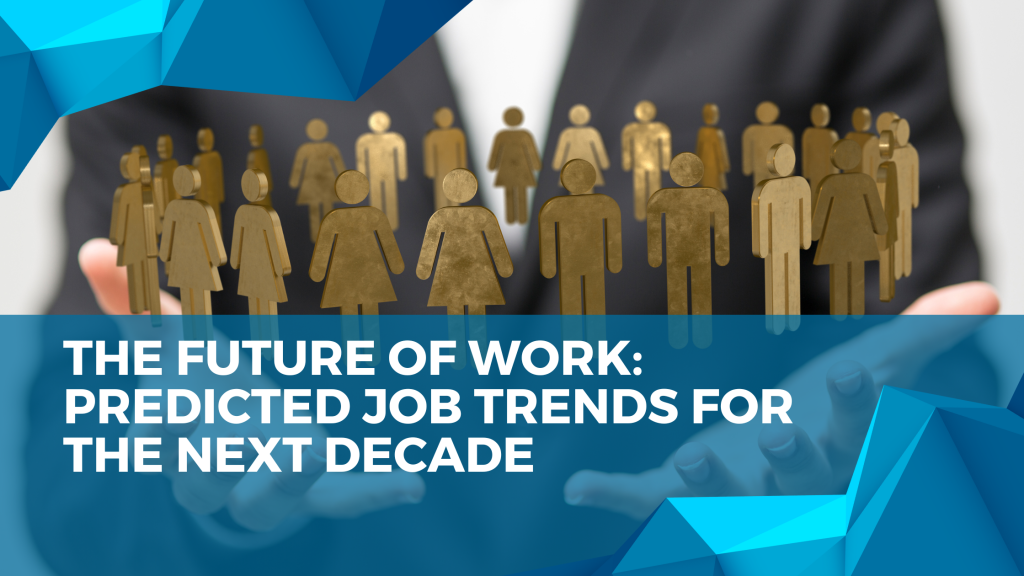
In the ever-evolving world of work, predicting the job trends of the next decade may feel like looking into a crystal ball. But if we pay attention to the shifting winds, we can begin to discern a pattern.
Tech jobs are not just the flavor of the month; they’re shaping up to be the flavor of the century. As we increasingly rely on technology to automate tasks, analyze big data, and protect our digital lives, tech-savvy individuals are becoming the hotcakes of the job market. From AI specialists to cybersecurity experts, the future is bright for those who speak the language of ones and zeros.
Alongside the tech explosion, we see a trend towards more flexible work arrangements. Welcome to the ‘gig economy’, where freelancers rule and the 9-5 grind is passé. Fuelled by a desire for work-life balance and powered by digital platforms, this shift towards contract-based work has been supercharged by the COVID-19 pandemic. It looks like working in your PJs is here to stay!
Then, there’s the green rush. As the world wakes up to the realities of climate change, we’re placing a renewed emphasis on sustainable practices. Cue the rise of green jobs. Whether it’s harnessing the power of the wind and the sun, constructing energy-efficient buildings, or developing sustainable farming practices, those who can blend innovation with conservation will be in high demand.
Let’s not forget the silver tsunami. As our global population ages, the healthcare sector is set to explode. From home care nurses to geriatric specialists, careers centered around caring for our elders are a safe bet for the future.
Finally, let’s hear it for the soft skills. The rise of AI might be stealing the headlines, but it’s our uniquely human skills – think critical thinking, emotional intelligence, and creativity – that will be the stars of the show. As automation takes over routine tasks, the jobs of the future will require a human touch.
Moreover, the advancement of technology is set to make the world even more interconnected than it is today, boosting the relevance of roles that manage and make sense of this hyper-connectivity. Jobs related to digital marketing, data analysis, and international relations are set to grow. Those adept at intercultural communication, understanding consumer behavior in different markets, and extracting actionable insights from data will find themselves at the forefront of their industries.
In education, we are likely to see a shift towards more personalized and technologically driven learning experiences. This means that roles such as e-learning specialists, instructional designers, and education technology consultants are likely to be in high demand.
Despite automation replacing several jobs, it will also create new ones. Roles that involve managing, developing, and troubleshooting automated systems will be crucial. AI ethics is another burgeoning field, which will require professionals to ensure the responsible and equitable use of AI.
In conclusion, the future job market will not only be about technology and technical skills, but also about human values, adaptability, and resilience. In the face of an evolving workplace, an attitude of lifelong learning will be the most valuable asset, ensuring that we continue to grow and adapt, whatever the future may hold.
So there you have it – a sneak peek into the job trends of the next decade. It’s a brave new world out there, folks. And it’s brimming with possibilities. The key to success? Keep learning, stay adaptable, and above all, be human! After all, the future of work is still very much about people.







